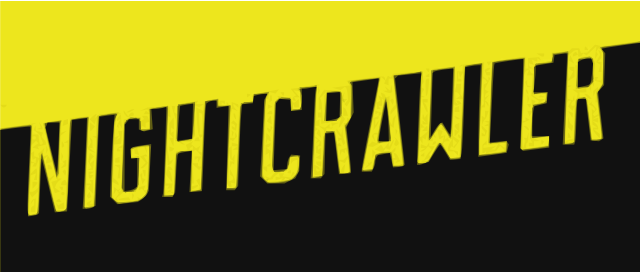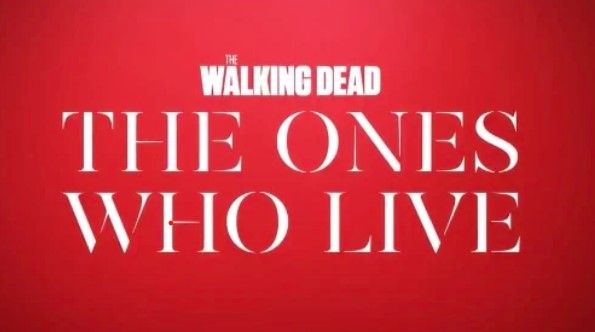The Horror of Nightcrawler
May 23, 2022
Dan Gilroy’s directorial debut is no joke. Released in theaters on October 31, 2014 and starring Jake Gyllenhaal and Riz Ahmed amongst others, the film’s gained something of a cult following. The movie follows Lou Bloom (Gyllenhaal) as he records and documents grizzly nocturnal crimes, then sells them to local news outlets who often take advantage of the footage in creating narratives that captivate their viewers. Lou’s encouraged to record suburban crime, especially those involving well-off white folk, in aiding KWLA 6, which evidently lacks journalistic integrity. Lou climbs the ranks of his lucrative career, eventually enlisting Rick (Ahmed), and by the end of the movie hiring a fleet of vans to crawl the night in search of material.
Our protagonist is completely amoral, even sociopathic, and dedicated to pursuing his one goal of getting material and expanding his empire. Throughout the movie, Lou acts and speaks as if he’s the human personification of an ideal worker in a soulless corporate training video. Lou makes constant reference to self-help business techniques, even lecturing Rick on proper employer-employee relations, again, in a manner reminiscent of the aforementioned “soulless corporate training videos.” Rick, his hesitant partner, eventually lectures Lou on his disposition to little success. Lou is so alien to humanity that he has to adapt to and understand that “Lou” is more casual than “Louis,” as he begins to introduce himself as Lou to those he’d like to pander to.
As the movie reaches its end, Lou sacrifices Rick for the sake of his material, fooling his accomplice into thinking that a criminal, after a tense police chase, has died as his car flipped over. Rick, believing Lou would never go so far as to purposefully compromise his wellbeing in such a way, grabs his camera and meanders to the car, being shot as he tries to record footage of the disaster. Is Lou finally caught? Does this choice finally cross the line? Is Rick’s death avenged? Not at all. Lou, although investigated and interrogated by LAPD detectives, walks out a free man, ready to continue expanding his empire.
That’s just a summary of a complex movie. Rather than focusing on recounting the events in their sequential order, I focus here on the character of Lou Bloom, who really makes this movie terrifying. It’s not the content of the crimes, murders, and deaths that occur throughout the movie that might give the viewer a reality check, but instead Jake Gyllenhaal’s performance as Lou that makes the movie a shade darker. Having lost 30 pounds to play the part, Gyllenhaal portrays a man with a desperate hunger, a need to satiate his ambition. His sunken, sanpaku eyes compliment every scene where his demeanor slips, allowing a glimpse into the void that is Lou Bloom.
Though the soundtrack is nothing of note, the cinematography is something to appreciate, capturing memorable close-ups of Gyllenhaal and riveting shots of Los Angeles nightlife. Nightcrawler offers commentary on the shallowness of consumer culture and the horrendous state of journalism, a state that puts first class and ethnicity in which stories it publicizes, as well as a state that, for all intents and purposes, glorifies violence, using its shocking nature to keep viewership from declining.
Nightcrawler, though nearly 8 years old, still remains relevant, certainly not having lost its charm since it first premiered. I’d encourage fans of movies like American Psycho, Drive, or Taxi Driver to give the movie a watch, as well as anyone with an interest in true crime (though the movie doesn’t necessarily focus on a killer or a specific case, the nature of documenting grizzly murders is something I feel fans of true crime could appreciate).





















